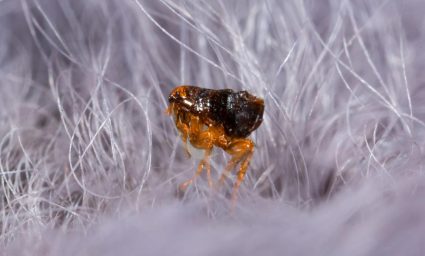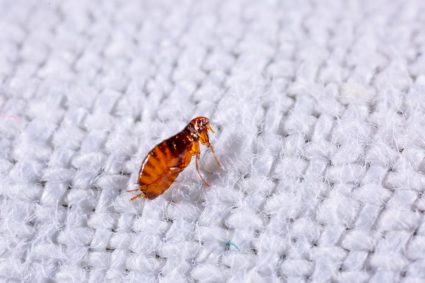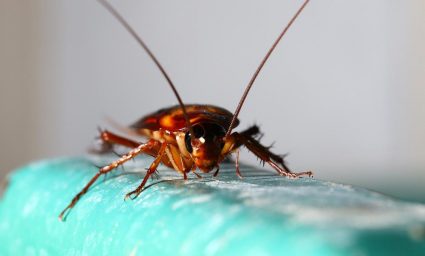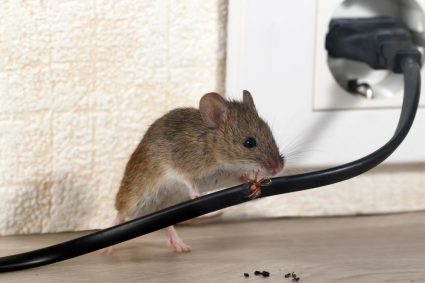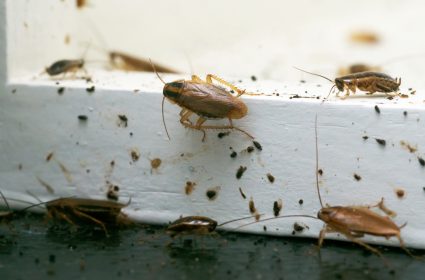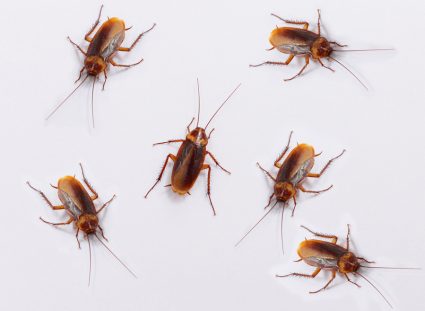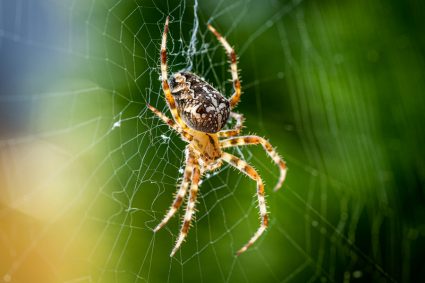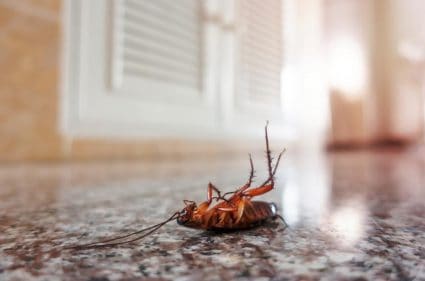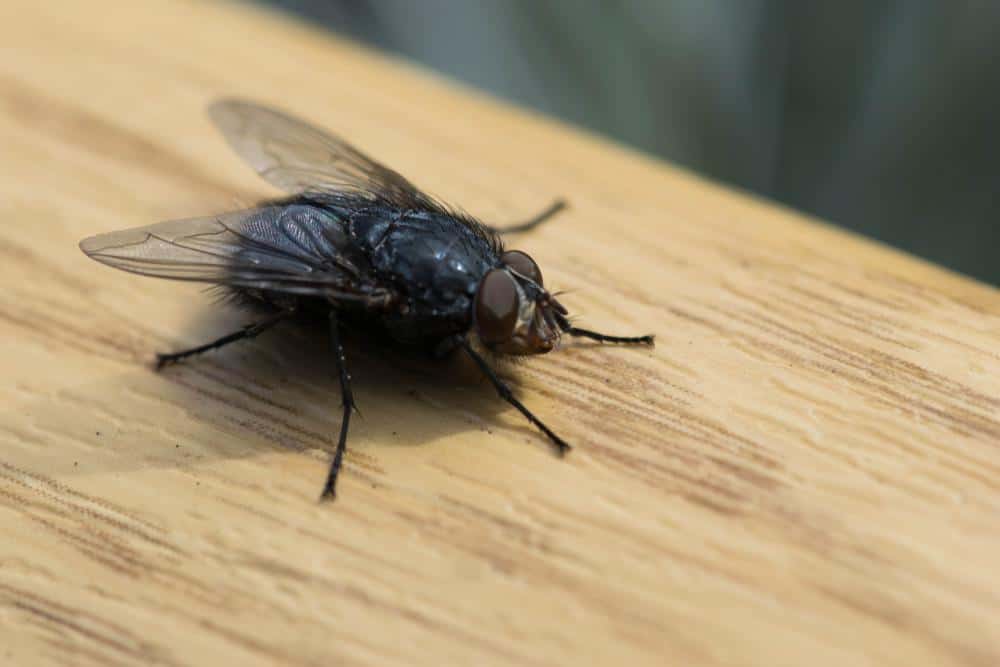
Fruit flies can be a real nuisance in the home, especially during the warmer months when they seem to multiply at an alarming rate. These tiny insects are attracted to ripe, rotting, or decayed fruit and produce, making your kitchen a prime target. However, did you know that certain herbs can repel fruit flies? In this comprehensive guide, we’ll explore what herbs fruit flies hate and how to use them effectively to deter these pesky insects.
Fruit flies are repelled by several herbs due to their strong aromas. Some of these herbs include basil, peppermint, lavender, rosemary, and eucalyptus. Other plants like lemongrass and clove tree can also deter fruit flies. These herbs can be used in their natural form or as essential oils to effectively keep fruit flies away.
Basil: A Natural Repellent
Basil is not just a flavorful addition to your spaghetti sauce, it’s also a natural deterrent for fruit flies. The intense aroma of basil overwhelms these tiny pests, making them steer clear of the area. You can plant basil near your doors and windows or keep a potted plant in your kitchen to deter fruit flies.
Peppermint: Not Just for Fresh Breath
Peppermint, with its strong menthol scent, is another herb that fruit flies find unappealing. Plant peppermint in your garden or use peppermint essential oil as a natural repellent. However, remember that peppermint is toxic to cats and dogs, so keep it out of reach if you have pets.
Lavender: More Than Just a Pretty Flower
Lavender is well-known for its calming scent, which is loved by humans but hated by fruit flies. The strong, distinctive aroma of lavender can deter fruit flies, spiders, rodents, and deer. Plant lavender near entrances or use lavender essential oil to keep fruit flies at bay.
Rosemary: A Culinary and Pest-Deterrent Herb
Rosemary is another herb that fruit flies dislike. Its woody scent repels these insects, making it an effective addition to your fruit fly prevention routine. Plus, rosemary is non-toxic to pets, making it a safe choice for households with furry friends.
Eucalyptus: A Powerful Scent
The scent of eucalyptus oil is abhorrent to fruit flies, making it an effective deterrent. However, eucalyptus is toxic to cats and dogs, so it’s best to use this herb with caution if you have pets.
Other Herbs and Plants
Other plants such as lemongrass and clove tree can also deter fruit flies. Lemongrass’s citrusy scent and the strong, spicy aroma of cloves are both unappealing to these pests.
Combining Herbs for Enhanced Effect
You can use these herbs in combination for an enhanced effect. For instance, a pot containing basil, lavender, and rosemary placed in your kitchen can help create a fruit fly-free zone.
Using Herbs Effectively
To maximize the repellent properties of these herbs, position them near entry points like doors and windows, use them in their dried form, or use their essential oils. You can also create DIY traps using these herbs combined with other ingredients like apple cider vinegar.
The Bottom Line
While these herbs can be effective in deterring fruit flies, it’s also important to maintain cleanliness in your home and dispose of overripe or rotting produce promptly. Remember, prevention is always better than cure.
In conclusion, using herbs to repel fruit flies is a safe, natural, and effective method. So the next time you see a fruit fly buzzing around your kitchen, don’t despair – reach for your herb garden instead!
Frequently Asked Questions
Can I use these herbs to repel other insects as well?
Yes, many of these herbs can be effective in repelling other insects as well. For instance, lavender is known to deter spiders and deer, and peppermint can repel ants and mosquitoes.
Are there any precautions I should take when using these herbs?
Yes, it’s important to note that some herbs, like peppermint and eucalyptus, are toxic to cats and dogs. If you have pets, it’s best to use these herbs with caution or opt for pet-safe alternatives like basil and rosemary.
Can I use these herbs in any form to repel fruit flies?
For best results, use these herbs in their dried form or as essential oils. You can also plant them near entry points like doors and windows to deter fruit flies.
How do I make a DIY trap using these herbs?
To make a DIY trap, fill a jar with apple cider vinegar and a few drops of dish soap. Then, add some dried herbs or a few drops of essential oil. Cover the jar with plastic wrap, poke a few holes in it, and place it where you’ve noticed fruit flies.
Do these herbs kill fruit flies or just repel them?
These herbs primarily work to repel fruit flies, not kill them. They emit strong scents that fruit flies find unpleasant, causing them to avoid the area.

